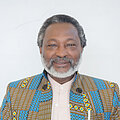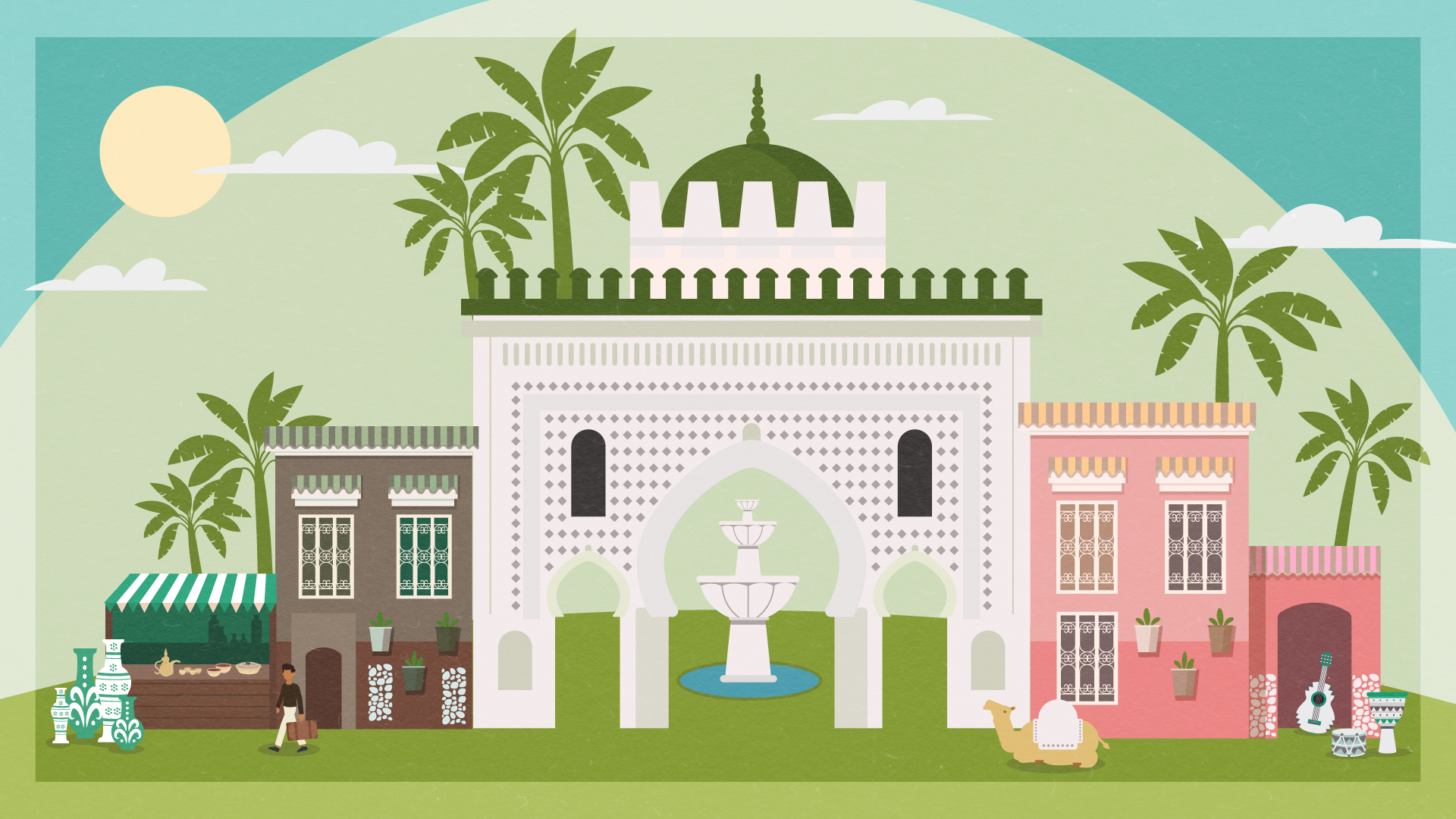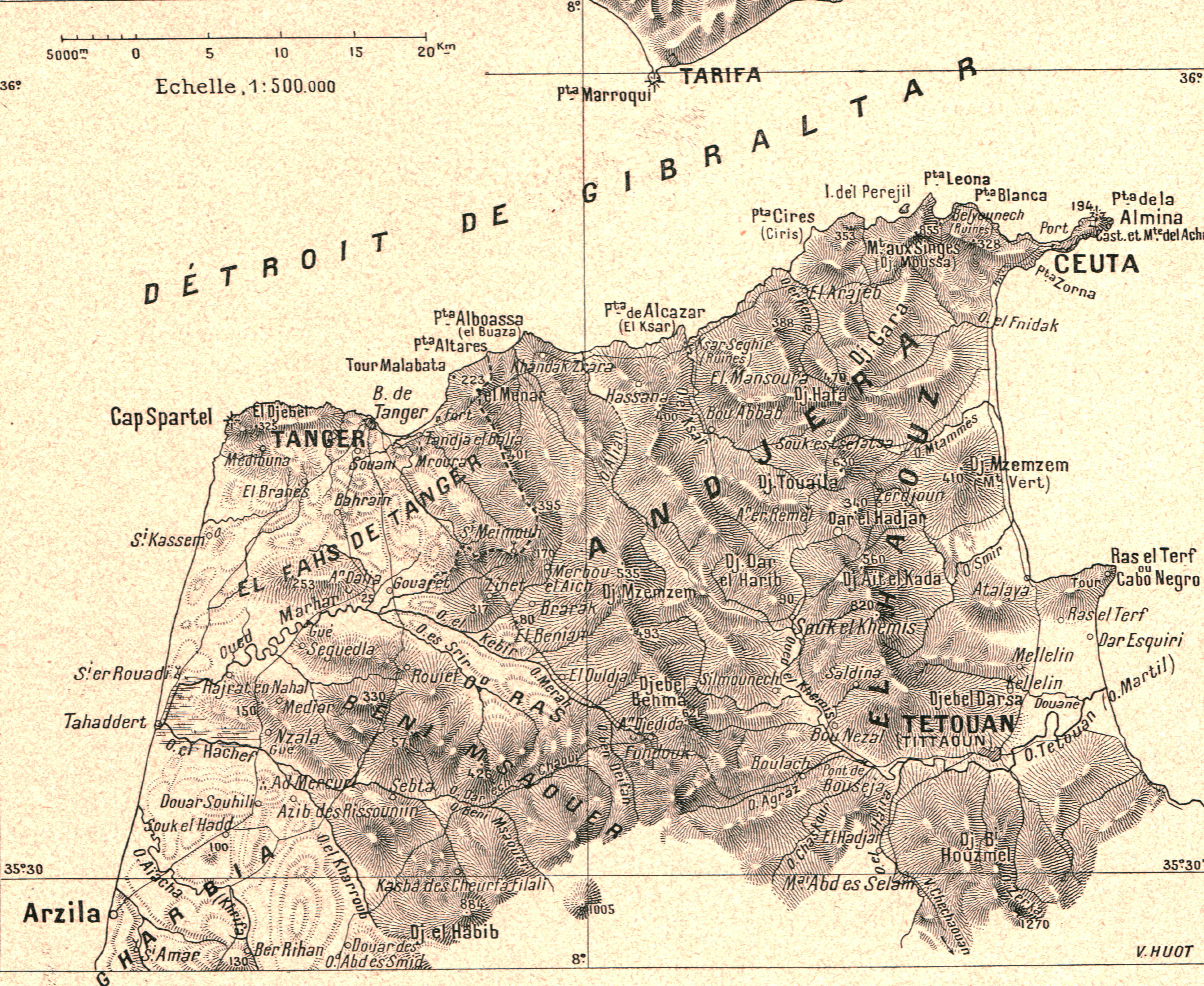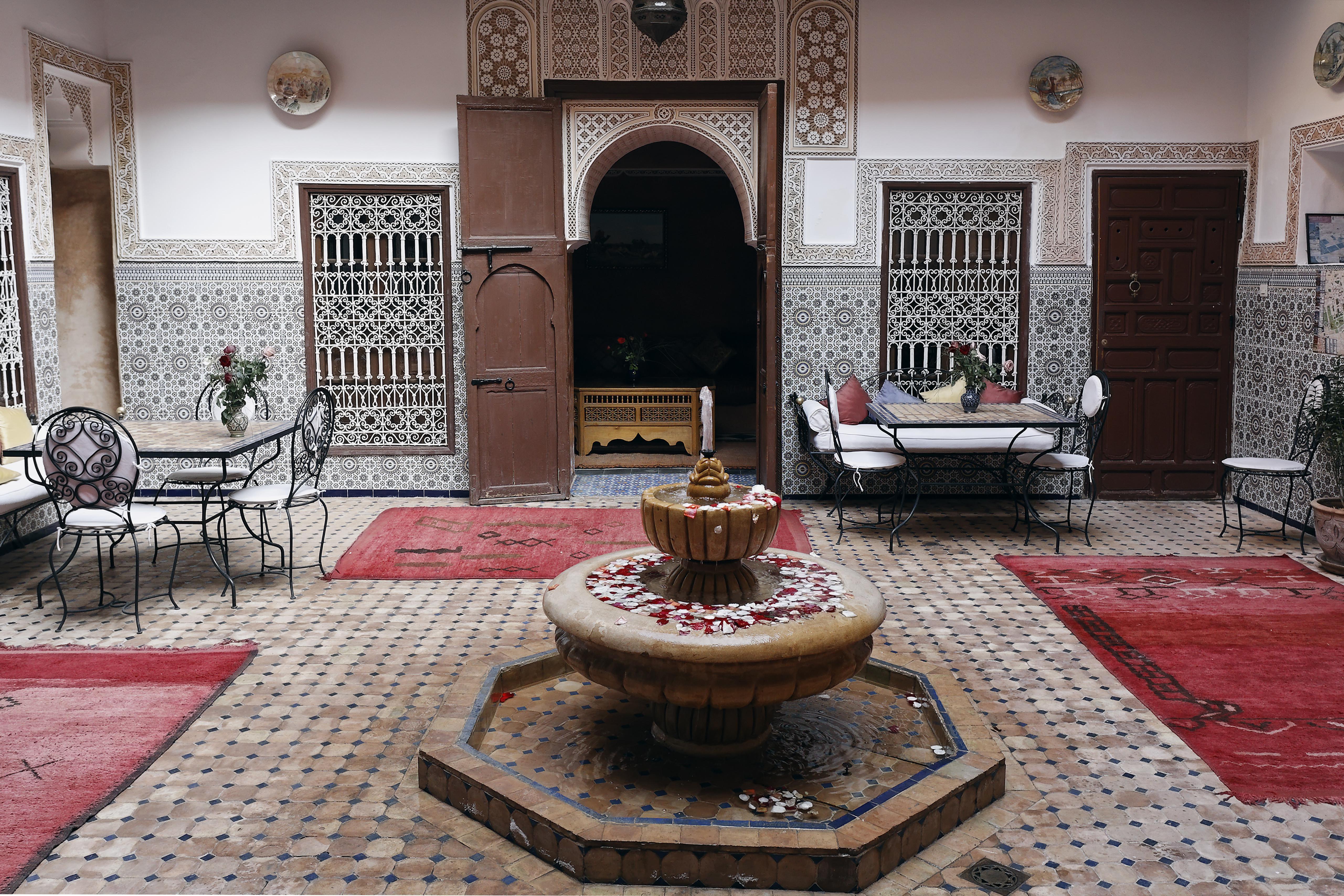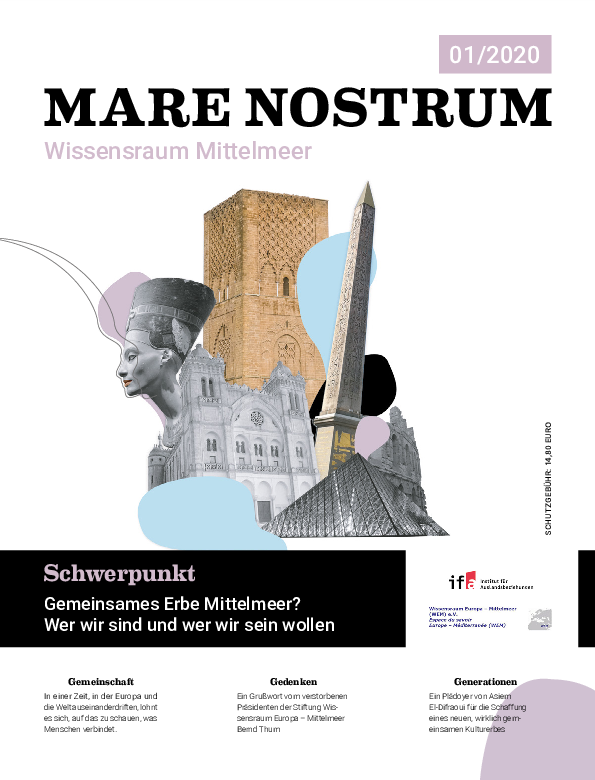ifa: The Covid-19 crisis posed a severe test for multilateralism. Even the European Union (EU), globally renowned for its soft power and commitment to values such as human rights or environmental standards, resorted to export restrictions on hospital supplies. Does multilateralism require a reset?
Mandi Rukuni: Multilateralism, multiculturalism, and respect for other cultures all require a reset. This necessity has been evident for some time now, and any reset must occur consciously at the highest level, with a vision for a sustainable future for humankind. Multiculturalism is no longer viable based on a donor-beneficiary relationship.
Multiculturalism is no longer viable based on a donor-beneficiary relationship.
It is a simple yet overlooked reality that with only a handful of fully industrialized and developed nations among the 200 countries globally (such as the G7 or G8), further growth in the world economy is restricted when 96 percent of countries have limited capacity to engage in trade due to prevailing global constraints.
ifa: You stated at the ICRRA conference 2023 last autumn dealing with the role of culture and international cultural relations to tackle the interconnected challenges of sustainable development: “A civil society in Africa is largely foreign organizations posing on behalf of Africans as civil society.” How can the historical traditions of civil society in Africa be reanimated?
Rukuni: This issue is crucial to address for multiculturalism. Returning to Ubuntu and African philosophy is key. Ubuntu is a philosophical concept rooted in African cultures. It emphasizes the interconnectedness of humanity and the importance of compassion, empathy, and communal harmony. We all deserve our cultural uniqueness and identities. This diversity fosters innovation, exchange, and enriches the global society.
We all deserve our cultural uniqueness and identities. This diversity fosters innovation, exchange, and enriches the global society.
However, we must acknowledge that diverse belief systems can also lead to conflicts.
ifa: How can these conflicts be avoided?
Rukuni: The answer lies in the triple mutualities: mutual respect, mutual benefit, and mutual responsibilities. These should serve as the pillars of all multicultural efforts, including those within the African Union (AU), European Union (EU), the Association of Southeast Asian Nations (ASEAN), and the United Nations (UN). In other words, if diversity is cultivated through these mutualities, we can achieve the best of both worlds—celebrating differences across cultures and belief systems while fostering unity through mutual respect, shared benefits, and collective responsibility for our planet's shared assets. Unfortunately, colonial, and Western religions and political doctrines have limited room for mutual respect or tolerance, resulting in the historical challenges we face today.
Superpowers and UN systems have failed to adequately address these dichotomies.
ifa: Do you envision a solution to this situation?
Rukuni: To start, Africans must regain confidence in their traditional values and belief systems. They must realize that basic Ubuntu values, as mentioned earlier, could well be the saving grace for the world order.
Africans must regain confidence in their traditional values and belief systems. They must realize that basic Ubuntu values could well be the saving grace for the world order.
Societies and communities should be the main actors of multilateralism. As said, civil society in Africa has largely mirrored Western constructs, with many entities acting more as extensions of Western NGOs rather than authentic community-driven organizations.
Secondly, through understanding and managing structural transformation. As society gradually shifts from predominantly rural-agrarian to predominantly urban-industrial, inevitable changes occur across all societal institutions—family, community, legal traditions, governance systems, educational systems—and so on. Civil society is no exception. Each social or cultural group must craft its own transitions in its civic traditions as society transforms, especially through industrialization. Simply transplanting American-style civic engagement structures into developing African countries has proven ineffective and often exacerbates existing challenges.
Simply transplanting American-style civic engagement structures into developing African countries has proven ineffective and often exacerbates existing challenges.
It is part of the development culture to then blame the victim when such interventions fail to work and to allow for continued justification to mobilize more funding, rather than engaging in a deep dive analysis that leads to solving the problem rather than the symptoms.
ifa: In former times, the Organization of African Unity (OAU) was, at the end of the day, just a meeting of Heads of State. Has this changed in the last two decades with the African Union (AU)?
Rukuni: The transition from the OAU to the AU marked a significant step forward in Africa's integration. However, the AU still has a long way to go. Key areas requiring attention include ownership, which is still heavily influenced by donors, and the lingering legacy of individual African nations negotiating separate agreements with former colonial powers.
Key areas requiring AU’s attention include ownership, which is still heavily influenced by donors, and the lingering legacy of individual African nations negotiating separate agreements with former colonial powers.
Although there is some improvement, overall Africans are ways off the desirable future—when Africa can guarantee a common foreign policy, a binding economic and monetary policy and a binding security and peace arrangement.
ifa: BRICS has been coordinating multilateral policies since 2009. In August 2023, the BRICS summit was held in South Africa. Egypt and Ethiopia are additional African members. What interests are the countries pursuing by this?
Rukuni: BRICS offers on the one hand a multi-polar world in the future, second, a potential relief from the contemporary weaponized international monetary system, and third, alternative and diverse development and governance models.
ifa: The BRICS founding member China makes great effort to establish its Belt and Road Initiative as a development model. For example, Chinese firms have built a highway between the Ugandan Capital Kampala and the international airport in Entebbe. Do African countries have concerns about China exporting its societal model, including non-democratic structures?
Rukuni: Infrastructure at this point is very important. Good governance is what Africa needs, not necessarily Western-style democracy. The Chinese approach to infrastructural development often aligns more closely with Africa's needs, aiming to enhance domestic connectivity and promote economic development.
Good governance is what Africa needs
The colonial infrastructure, which still dominates today, is largely structured to export raw materials out of Africa and to import manufactured products into Africa. The Chinese have made some effort to expand infrastructure that links the domestic agglomerations, thereby improving rural-urban links needed to promote domestic manufacturing, distribution, and commercialization. Western-style democracy was and is forced on Africans. In view of the progress made in China and other “Asian tiger economies”, it is now self-evident that Western-style democracy is not a prerequisite for societal advancement and development. In other words, Western-style democracy does not necessarily lead to sustainable development, especially where the economies (such as all 55 African countries) are in low- or middle-income traps occasioned by dual economies created by Western colonialism and its institutions.
Western-style democracy does not necessarily lead to sustainable development, especially where the economies (such as all 55 African countries) are in low- or middle-income traps occasioned by dual economies created by Western colonialism and its institutions.
It can be argued that it is economic development that allows for the building of Western-style democratic institutions, not the other way around. The history of Europe and North America is also ample proof that market capitalism went through phases of vicious undemocratic processes of accumulation such as slavery. With the economy going through unorthodox phases, such as the economy cornered by ‘mafia’ style businesses, cartels, and oligopolies. With pretty much poor governance and most people taking the law into their own hands.
Do you see the danger of becoming too dependent on China? Or China exploiting Africa?
Yes, the Chinese are in Africa for business and do exploit African economies. It appears that the Chinese, also just coming out of poverty a couple of generations ago, and rising fast, have found ways of finding a more palatable balance for Africans between political and economic interference. Moreover, the Chinese were much more supportive of Africans in their fight against colonial rule, especially given that Western countries in some cases, even colluded with neo-colonial and Apartheid rulers. Over-dependence on China is hardly the solution for Africa. Dependence on any superpower is not the solution for Africa. Africa must unite more, and consciously and explicitly craft practical strategies from raw-material exporter status to manufacturers and consumers of own finished goods and services.
Dependence on any superpower is not the solution for Africa. Africa must unite more, and consciously and explicitly craft practical strategies.
China is materially much poorer than Africa—yet China became the world’s manufacturing hub and did it in two generations. Africa is at 1.5 percent of global manufacturing. Doubling that to 3 percent, growing at a modest 6 percent will see Africa as the largest economy in two decades. That is what Africa needs, not dependence on China or any superpower for that matter. And there is no doubt: Whoever controls Africa’s resources, controls the world. The Westerners have been at it for quite a while. The Chinese are determined to control Africa’s resources—so that they can control the world. The day Africa controls its own resources will see Africa on its way to a global superpower.
The Chinese are determined to control Africa’s resources—so that they can control the world. The day Africa controls its own resources will see Africa on its way to a global superpower.
ifa: Can African perspectives on Sustainable Development goals be summarized?
Rukuni: SDGs are a creation of the UN, and it appears that all nations that respect the UN also accept the SDGs within their development frameworks. As for Africa, every country refers to SDGs in its developmental frameworks, and that includes the AU and NEPAD, the UN’s New Partnership for Africa’s Development. This is a strategic framework aimed at fostering economic development and growth in Africa. It primarily focuses on promoting good governance, economic development, infrastructure development, etc... I have no issues with SDGs as a measurement tool. I do see the limitation that the focus is on the measurement of progress and not on crafting strategies that lead to sustainable development.
I have no issues with SDGs as a measurement tool. I do see the limitation that the focus is on the measurement of progress and not on crafting strategies that lead to sustainable development.
Africa needs supreme strategies to take every country out of current low and middle-income traps. These traps are major structural faults that go well beyond SDGs.
ifa: How can Africa reduce its dependence on the West or China?
Rukuni: Thanks to the Covid-19 pandemic, Africans woke up to the realization that the most valuable answers lie within. While awaiting a vaccine from a Western country that is not ready to share it, the solution is at your doorstep—literally. All those “bushes and weeds” that are a nuisance to you today have time-tested food and health qualities that Africans were taught to disregard and even demonized by Western religions. Africans are now appreciating the differences between Western-style science and Africa’s traditional epistemologies. When it comes to understanding the environment, Africans historically immersed themselves in the environment—humans are part of the environment, and vice versa.
When it comes to understanding the environment, Africans historically immersed themselves in the environment—humans are part of the environment, and vice versa.
Nature and human participation were the laboratory. The Western scientific approach is to separate, distance oneself, and dissect. The assumption behind Western science is that one must eliminate bias, dissect, and put the knowledge back together again. The result is a shift from natural remedies to synthetic solutions. The downside is a myriad of side effects that may never be fully discovered or understood. Quantum mechanics has also exposed the myth that one can conduct experiments that are bias-free.
Interview by William Billows.
